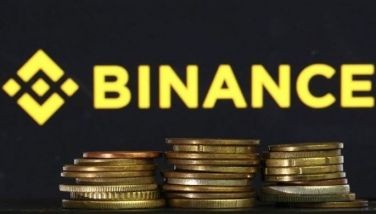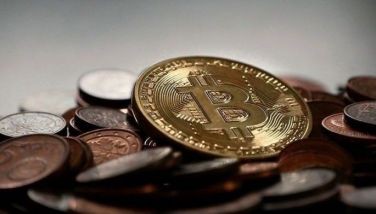Revolutionizing currency: Energy-based tokens on the blockchain

Introduction
In a world grappling with climate change and striving for sustainability, the concept of an energy-based currency has gained significant attention.
Imagine a monetary system where the value of currency is derived from the energy generated through renewable sources such as solar, wind, and hydroelectric power. This innovative approach combines the benefits of clean energy generation with the transparency and security of blockchain technology.
By embracing energy-based tokens, we can usher in a new era of economic empowerment and environmental stewardship.
Energy as the New Currency
In a traditional fiat currency system, the value of money is based on trust in a centralized authority. However, an energy-based currency revolutionizes this notion by anchoring the value of money to a tangible and measurable asset: energy.
Energy generation from renewable sources provides an objective and transparent metric for valuing currency. Each unit of currency represents a specific amount of energy, effectively linking economic wealth to sustainable energy production.
The Power of Blockchain Technology
The adoption of blockchain technology is instrumental in enabling the implementation and management of an energy-based currency system.
Blockchain provides a decentralized and immutable ledger that records transactions and ensures transparency and security. By leveraging smart contracts, energy producers can tokenize their generated energy, creating digital certificates that serve as the basis for energy-based tokens. These tokens can then be exchanged seamlessly using blockchain technology, facilitating peer-to-peer transactions without the need for intermediaries.
Benefits of Energy-Based Tokens:
- Energy Independence: An energy-based currency empowers individuals and communities to become self-reliant in energy production. It encourages the deployment of renewable energy sources and reduces dependence on centralized power grids, resulting in a more resilient and sustainable energy infrastructure.
- Environmental Stewardship: By assigning value to clean energy generation, an energy-based currency incentivizes the adoption of renewable technologies. It drives investment in solar panels, wind farms, and other sustainable projects, contributing to a significant reduction in carbon emissions and mitigating the impact of climate change.
- Economic Empowerment: Energy-based tokens can democratize access to wealth by enabling individuals to generate and trade energy. Those with excess energy can sell it on the open market, creating opportunities for income generation and stimulating local economies.
- Efficiency and Transparency: The decentralized nature of blockchain ensures transparency and reduces the risk of fraud and corruption. The immutable ledger allows for easy verification of transactions, fostering trust and confidence in the currency system.
Challenges and Considerations
While the concept of an energy-based currency is promising, several challenges need to be addressed.
These include establishing a robust framework for energy measurement and verification, ensuring the scalability and efficiency of blockchain networks, and managing the potential fluctuations in energy prices.
Collaboration between governments, energy regulators, blockchain developers, and environmental experts is crucial to overcoming these obstacles and creating a sustainable and equitable energy-based currency system.
Conclusion
An energy-based currency system, powered by blockchain technology and tokenization, holds tremendous potential to reshape our financial landscape.
By integrating renewable energy generation with digital tokens, we can align economic prosperity with environmental responsibility. This transformative approach incentivizes the shift to clean energy sources, encourages economic empowerment, and fosters transparency and trust in financial transactions.
The journey towards an energy-based currency may be challenging, but its rewards in terms of a greener, more sustainable future make it a path worth exploring.
Assisted by ChatGPT
--
Paul Soliman is the founder and CEO of Hacktiv Colab Inc., a provider of end-to-end business applications. He is also a co-founder of BayaniChain, a blockchain-based ecosystem.
Quick Tech is a monthly newsletter on LinkedIn about web3, AI, Power Platform, Citizen Development, Quantum and the FUTURE. Subscribe to Paul's newsletter HERE.
- Latest























